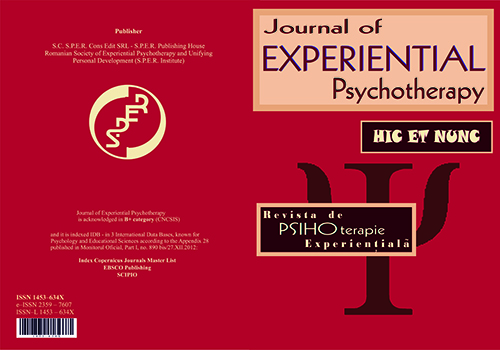Parker has written a Lighting process paper
Journal of Experiential Psychotherapy, vol. 21, no 2 (82) June 2018
https://www.researchgate.net/public...eview_of_the_Disease_Process_and_the_Approach
Introduction: The Lightning Process (LP) is a neuro-physiological training programme based on self-coaching, concepts from Positive Psychology, Osteopathy and Neuro Linguistic Programming (NLP). It has a developing evidence base for its efficacy with a range of issues, including Chronic Fatigue Syndrome/ Myalgic Encephalomyelitis (CFS/ME), but little has been published about its hypothesis on the disease processes, and its approach to this disabling disease.
Objectives: This paper aims to resolve these gaps in the research and contextualise the approach within current theories and research into the disease.
Methods: A literature review was undertaken of the published evidence supporting the main current models of aetiology and disease process for CFS/ME. An evaluation of the LP’s conceptualisation of the aetiology of the disease and the hypothesis behind its approach was undertaken, through a review of the literature and semi-structured interviews with the programme’s original researcher (this paper’s lead author). These models were then compared to identify similarities and differences.
Results: The review identified that the LP adopts a multifactorial, multisystem disease process for the disease, which is well aligned with current research and established conceptual frameworks for CFS/ME pathology. It identified that the LP shared the established perspective that the illness is a physiological, and not a psychological, one. It found the LP applies a self-regulation approach to neuro-physiology processes to influence the physical disease process.
Conclusions: This paper resolves the identified gaps in the research and clarifies the hypotheses behind this approach, which has been identified by the evidence base as providing successful outcomes for some. It is hoped this clearer understanding of the approach will assist researchers, clinicians and those with this disabling disease to identify some additional options for potential recovery.
Journal of Experiential Psychotherapy, vol. 21, no 2 (82) June 2018
https://www.researchgate.net/public...eview_of_the_Disease_Process_and_the_Approach

